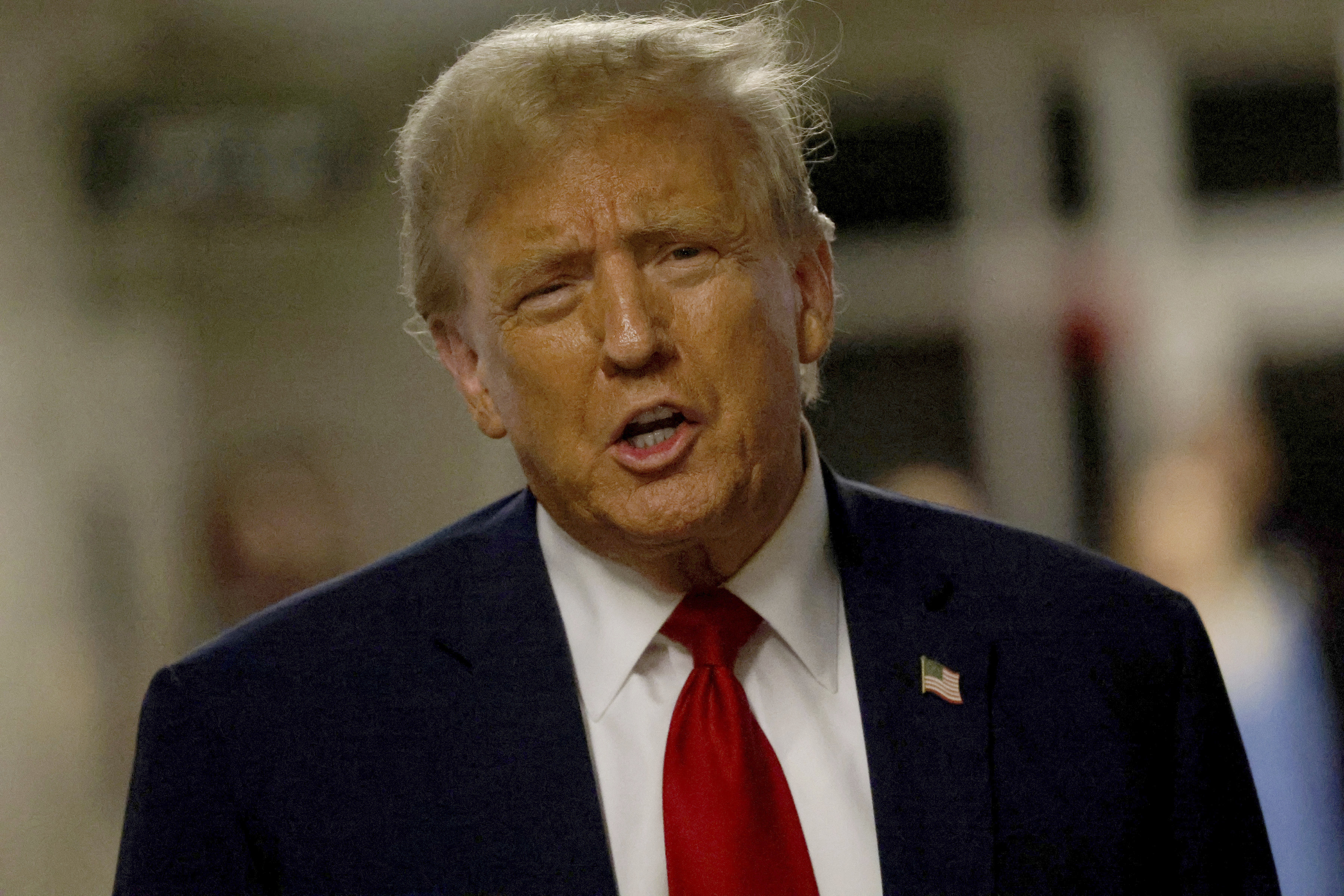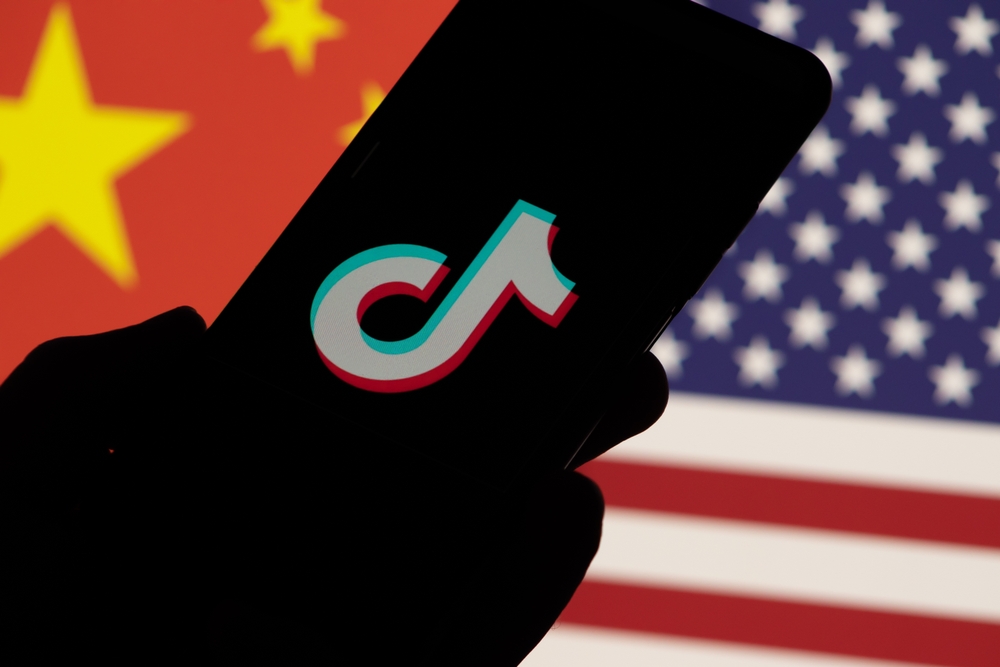As U.S. Vice President Mike Pence prepared to lead a delegation to Ankara to urge Turkey to agree to a ceasefire in its attack on Syrian Kurdish fighters, Russia offered Wednesday to mediate a resolution to the bloody conflict in northern Syria in an apparent attempt to assert Moscow's role as a strong diplomatic force in the region.
Ahead of the planned talks with Pence, Turkish President Recep Tayyip Erdogan defied new U.S. economic sanctions, saying the only way its military offensive would end was if Syrian Kurdish fighters leave a designated border area.
Erdogan also said he had "no problem" accepting an invitation from Russian President Vladimir Putin to visit Russia soon to discuss Syria. But he threw into doubt a planned Nov. 13 meeting with U.S. President Donald Trump, citing anger over the sanctions that Washington imposed Monday on the NATO ally.
Russia has moved quickly to entrench its leadership role and fill the void after Trump ordered the pullout of American forces in northeastern Syria. Russian Foreign Minister Sergey Lavrov said in remarks carried by Russian news agencies that Moscow is committed to mediating between Syria and Turkey.
The American move effectively abandoned the Kurdish fighters allied with the U.S. and cleared the way for Turkey's invasion aimed at crushing them. After heavy criticism at home, Trump sought new leverage with Turkey by imposing the sanctions.
America's abrupt withdrawal of its troops pushed the Kurds to strike a deal with the Russia-backed government of Syrian President Bashar Assad, allowing his forces to return to regions of northern Syria they abandoned at the height of the 8-year-old civil war. It has also allowed Moscow to take a more prominent role as an interlocutor among Assad, the former U.S.-allied Kurds and Turkey.
"Syria's friendly with the Kurds. The Kurds are very well-protected. Plus, they know how to fight. And, by the way, they're no angels," Trump told reporters at the White House while meeting with Italian President Sergio Mattarella.
Trump added that U.S. troops are "largely out" of the region, adding that if Russia wanted to get involved with Syria, "that's really up to them. It's not our border. We shouldn't be losing lives over it."
On Wednsday, meanwhile, the House overwhelmingly voted its bipartisan condemnation of Trump's withdrawal of American forces from northern Syria.
U.S. & World
Despite stark divisions over Democrats' Trump impeachment inquiry, Democrats and Republicans banded together and approved a nonbinding resolution by 354-60 vote.
At the White House, Trump stood his ground and defended his decision to pull U.S. troops from Syria despite the risk it poses for Kurdish fighters in the country's northeast. The Kurds were "no angels," Trump said without elaborating.
Some Senate Republicans, including leader Mitch McConnell, continue to eschew White House talking points on the troop pullout and to speak up for the U.S. allies in Syria.
GOP Leader Mitch McConnell called the U.S.-Kurdish partnership "a terrific alliance" that set back ISIS militants and said he is "sorry we are where we are."
GOP Sen. Roy Blunt of Missouri said that the Syrian Kurds have consistently acted as reliable U.S. allies, unlike Turkish President Erdogan, however, who Blunt said "has not been a reliable ally."
"We really have left behind and abandoned a strategic partner, the Kurds, who stood by our men and women in uniform in the fight" to defeat ISIS," Sen. Joni Ernst of Iowa said.
In an address to his ruling party legislators, Erdogan said Turkey would not be coerced into halting its offensive or accepting offers for mediation with the Kurdish fighters, which Turkey considers to be terrorists. He vowed to press ahead with the incursion until Turkish troops reach 30-35 kilometers inside Syria to form a "safe zone" along the border area.
"Our proposal is for the terrorists to lay down their arms, leave their equipment, destroy the traps they have created, and leave the safe zone we designated, as of tonight," Erdogan said. "If this is done, our Operation Peace Spring will end by itself."
Erdogan's office confirmed he would meet Thursday with Pence and Secretary of State Mike Pompeo.
But anger over the sanctions hung over the upcoming talks. Trump has taken a tough tone, warning that the U.S. has "a lot in store" if Turkey doesn't comply with cease-fire demands. Pence said the U.S. is "simply not going to tolerate Turkey's invasion of Syria any longer."
Erdogan said he was not concerned by the sanctions. He told reporters that chances for his November trip to Washington are "something to be assessed" after the talks with the American delegation, he said, adding that the sanctions and criticisms in the U.S. constituted "great disrespect toward the Turkish Republic."
He ruled out direct or indirect talks with the Kurdish fighters, saying Turkey will not negotiate with "terrorists."
"We are not looking for a peace mediator, nor do we need one," he said.
In a speech to Parliament, Turkish Foreign Minister Mevlut Cavusoglu said Turkey won't be affected by "sanctions and threats." He also said Turkey would "give the appropriate answer to these sanctions."
"No sanctions or threats are acceptable and will not affect our resolve," he said.
With the Turkish assault in its eighth day, Turkish forces and Kurdish fighters battled over the border town of Ras al-Ayn. Turkey said it had captured the town days ago, but its hold appeared uncertain.
Russia already has announced it had deployed troops outside the flashpoint town of Manbij to keep apart the Syrian military and Turkish-led forces. Syrian forces took control of Manbij as U.S. troops completed their pullout from the town Tuesday. The Syrian and Russian deployments appear to have thwarted Turkey's hopes to capture the town, located just west of the Euphrates River.
Lavrov also said Moscow will also continue to encourage Syria's Kurds and government to seek rapprochement following the U.S. withdrawal. The Kurds are hoping to reach a deal with Damascus that preserves at least some degree of the autonomy they seized for themselves during the civil war.
During a visit to Iraq last week, Lavrov met with the leaders of the Kurdish autonomous region and said that Moscow is sympathetic to their needs.
Lavrov also blamed the U.S. and the West for undermining the Syrian state, saying this pushed "the Kurds toward separatism and confrontation with Arab tribes."
In another sign of Moscow's rising profile, France suggested it will also work more closely with Russia in Syria.
French Foreign Minister Jean Yves Le Drian said told French TV channel BFM that France is now looking to Russia, given their "common interests" in defeating the Islamic State group in Syria.
He urged European and other members of the coalition fighting the IS in Syria to regroup as the U.S. appeared to abdicate its leadership role in the region.
Associated Press writer Suzan Fraser in Ankara, Turkey, contributed.



